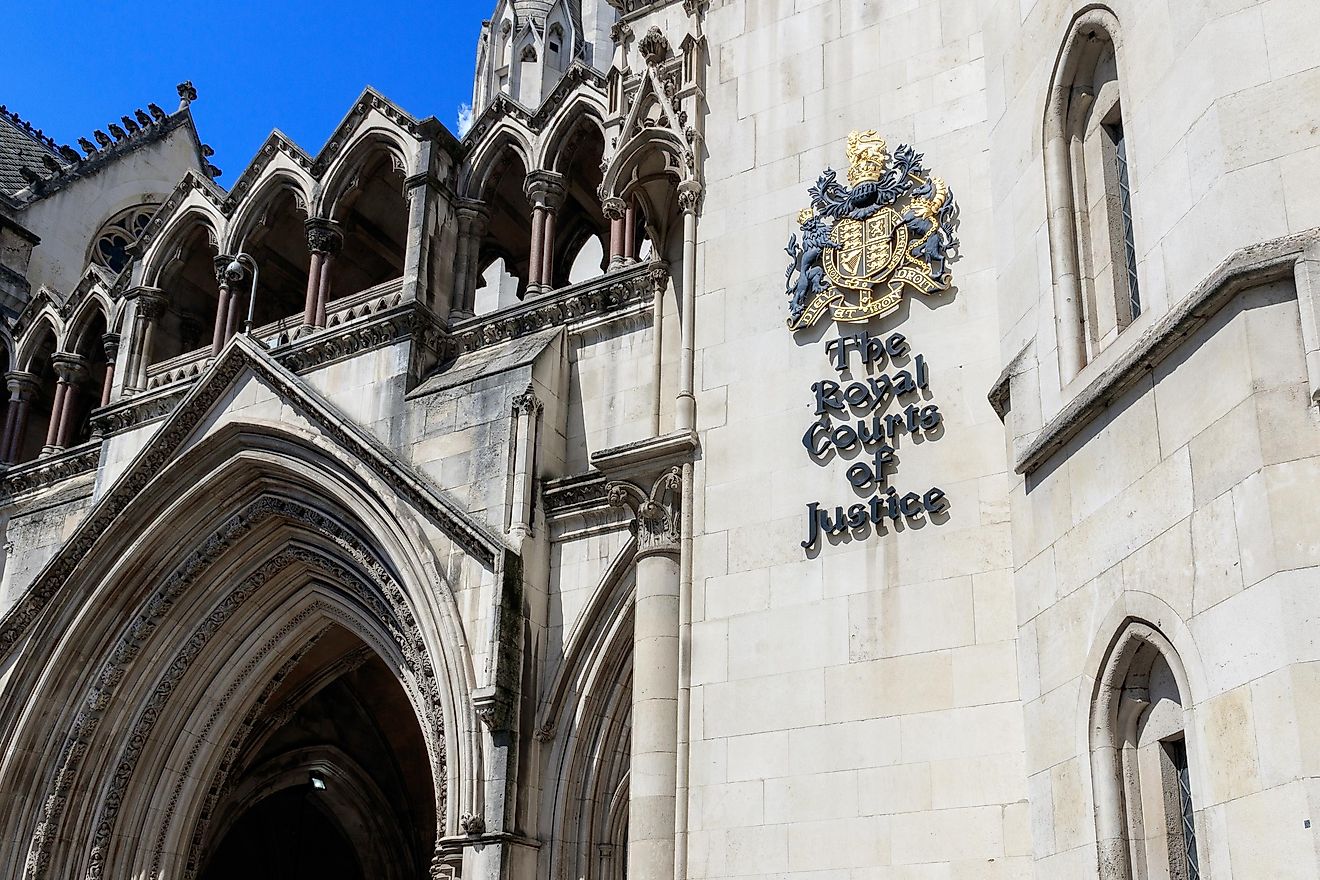What Is English Common Law?

English Common Law is currently the most widespread legal system in the world with about 30 percent of the world’s population living under Common Law. The Common Law is based on judicial decisions and consists of unwritten laws formed by previous court decisions that govern local customs, accepted behavior, and traditions. This system originates from Great Britain and for several centuries had developed in England where it was used as the foundation of several orders of law in former colonies. It is still widely used in many countries including Great Britain, Canada, and the United States.
Origins Of The Common Law
The term ‘common’ originated from the fact that the law was uniform and common in all the King’s courts across the country. The Common Law is not based on substantive rights but rather procedural remedies. Judges and courts primarily developed the law as opposed to lawmakers, which is the case for most legal systems in the world. Over time, the procedural remedies of the English Common Law have developed to emphasize individual rights as opposed to the procedure. Today, about a third of the world’s population is guided by Common Law or live in systems that have civil law. This is owing to the historical occupation of the British Empire which spread the English legal system in their colonies.
Publication Of The Law
Since the Common Law is formed by unwritten decisions from previous court rulings, it can be accessed by anyone through a law report. Law reports contain the previous court decisions which are the primary foundation for the Common Law. The report is for use by the general public, lawyers and courts.
Countries That Use The Common Law
Countries such as the United Kingdom and its overseas territories, the United States, Kenya, Dominica, Fiji, Ghana, Grenada, Hong Kong, India, Israel, Ireland, Jamaica, Liberia, Malaysia, Malta, Namibia, Nauru, New Zealand, Nigeria, Pakistan, Papua New Guinea, Sierra Leone, Singapore, South Africa, Sri Lanka, Trinidad and Tobago, and Zimbabwe use the Common Law. Most of the countries are former British colonies.
Characteristics Of English Common Law
The principal characteristic of the Common Law is that it is based on unwritten laws that were developed by past court decisions. Previous legal choices serve as a benchmark for similar issues that may arise, and a judicial decision is made based on this. A precedent (previous decisions) may be based upon a group of numerous legal decisions and not necessarily a single one. Therefore, they become current custom laws and eventually form a pattern that is used to handle similar cases in the future.
In practice, a case is judged in light of previous court decisions that presented the same legal issues or facts. Using the common law system, the judge then serves a decision with precedent from similar cases. However, the judge is not required to follow these precedents and may make consideration of his/her own and diverge to a different path.
In conclusion, the English Common Law system, developed in the Middle Ages, continues to be used by many countries all over the world. The historical spread of the British Empire aided in the extensive use of the English Common Law.











